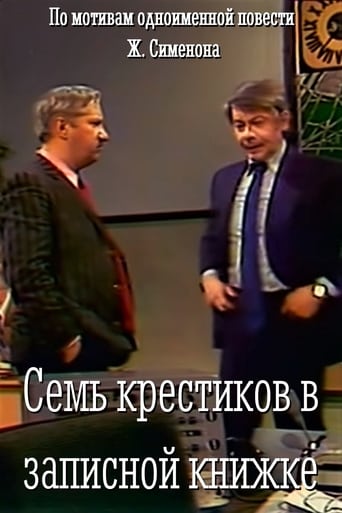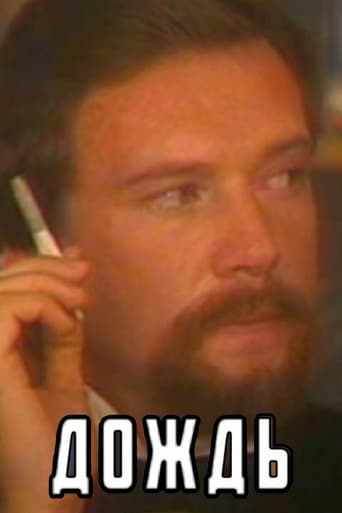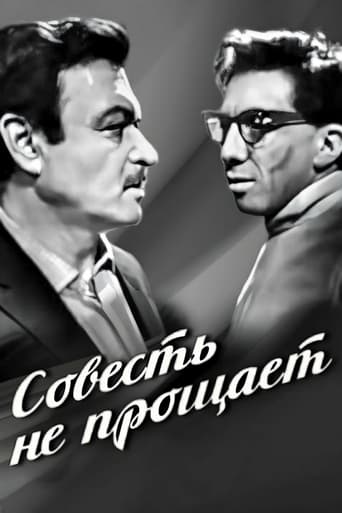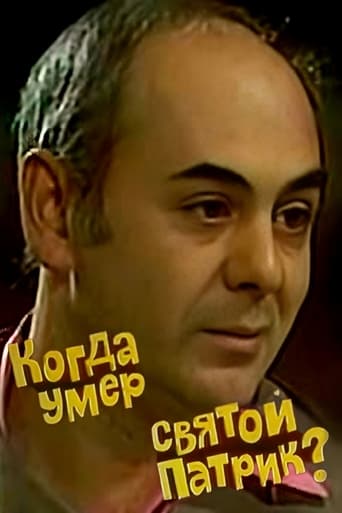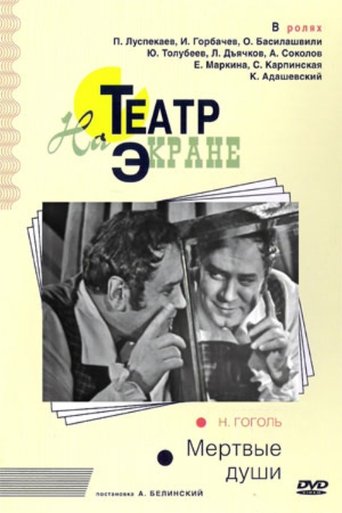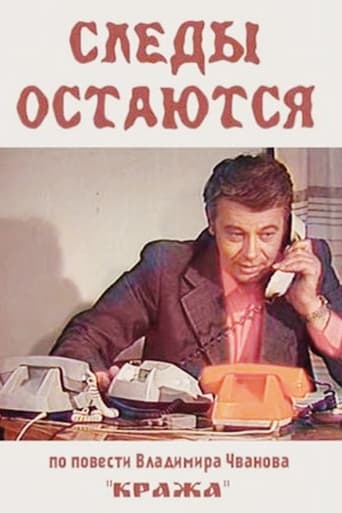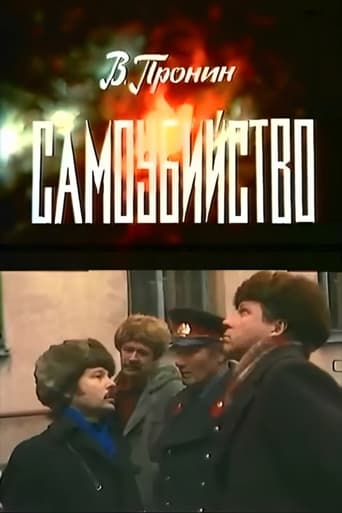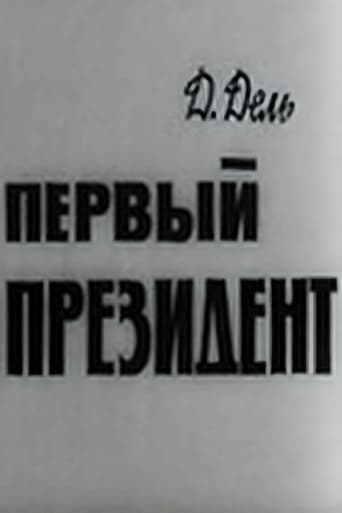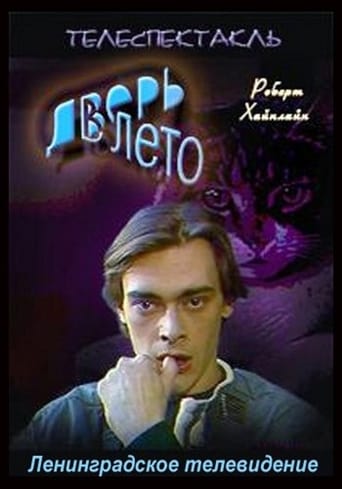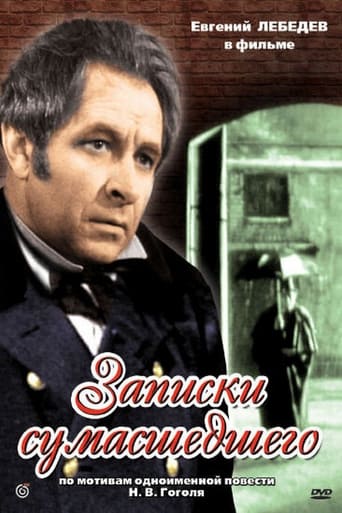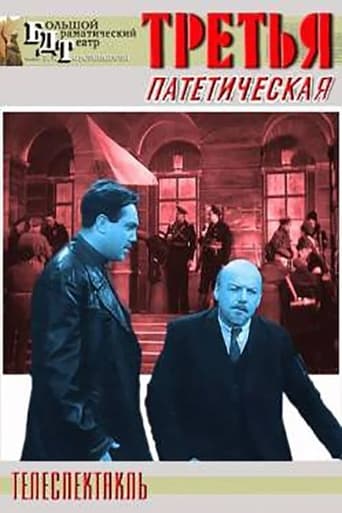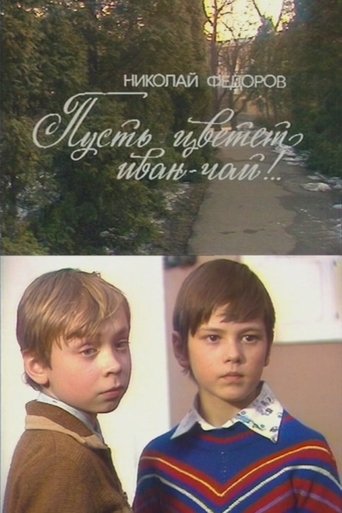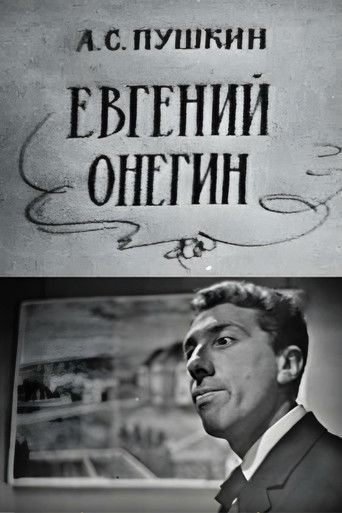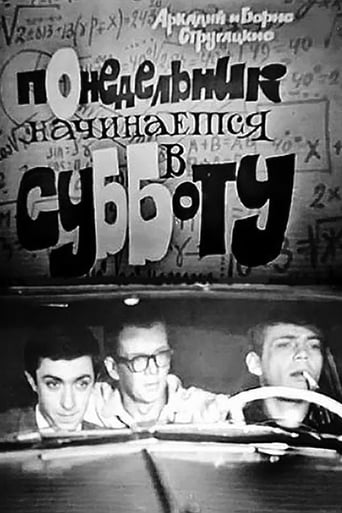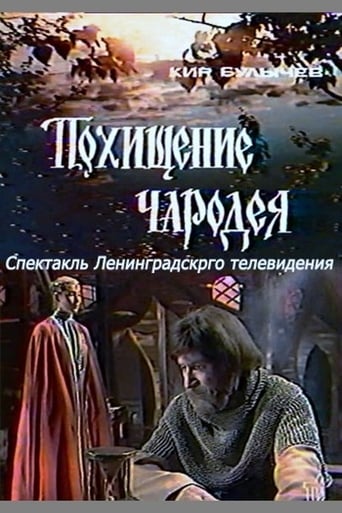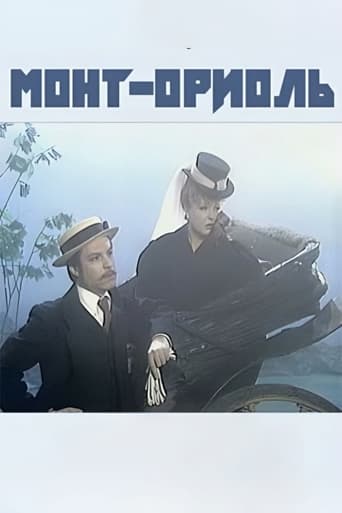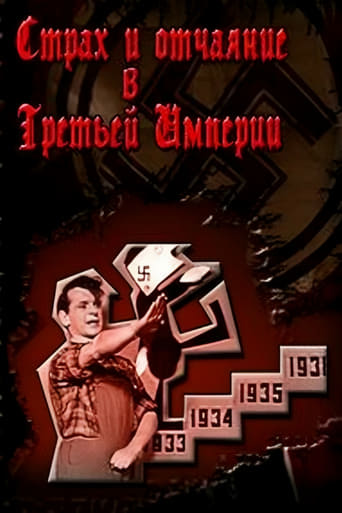Leningrad Television
Rain 1984
Based on the stories of Ivan Bunin "Rusya", "When I first...", "Swing".
Conscience Doesn't Forgive 1964
Nurdin is a man who failed to protect friendship and love, who retreated before deceit and hypocrisy. The benevolent viewer is personified by the Old Man, a character who seems to stand outside the plot. Nurdin tells the Old Man about his life.
When Did Saint Patrick Die? 1980
Journalist Mitchell Brown meets a tipsy woman at a bar and takes her to his house to spend the night because she is very drunk and cannot control herself. He looks for her documents, but finds only a checkbook with a strange number. The next morning the stranger disappears. Some time later, in the same bar, Mitchell meets her again in the company of a man who turns out to be her husband. She pretends not to recognize Mitchell. It turns out that there was a murder in the city that evening and she needs an alibi.
Dead Souls 1969
In "Dead Souls" Gogol posed the most pressing and painful questions of modern life. The very title of the poem had enormous revealing power; it carried, according to Herzen, “something terrifying”, “he could not name it otherwise; not the revisionists - dead souls, but all these Nozdryovs. Manilovs and all those like them are dead souls, and we meet them at every step..."
Traces Remain 1984
On the legal and moral education of youth.
Suicide 1981
The story of the investigation into the death of student Selivanova, who was involved in currency transactions, which was a big crime at that time.
The First President 1967
A teleplay about the life and work of the first chairman of the All-Russian Central Executive Committee, Yakov Mikhailovich Sverdlov.
Дверь в лето 1992
Diary of a Madman 1968
Третья, патетическая 1960
Let the Fireweed Bloom!.. 1984
A touching story about the friendship of guys who help two lonely old people meet after almost half a century of separation.
Eugene Onegin 1967
The first and second chapters of "Eugene Onegin" performed by Sergei Yursky.
Monday Begins on Saturday 1965
Set in a fictional town in northern Russia, where highly classified research in magic occurs, the novel is a satire of Soviet scientific research institutes, complete with an inept administration, a dishonest, show-horse professor, and numerous equipment failures. It offers an idealistic view of the scientific work ethic, as reflected in the title which suggests that the scientists' weekends are nonexistent. (Wikipedia)
Cat House 1988
The TV play based on the fairy tale of the same name by Samuel Marshak.
The Kidnapping of a Wizard 1980
Young graduate student Anna Ivankevich arrives in her native village, where she has not been for about 20 years. Here, in the rural silence of her aunt’s house, she is going to write her dissertation. Suddenly, two strange strangers unexpectedly appear in the house, whom Anna initially mistakes for thieves. They claim that the owner of this house yesterday rented it to them for two weeks, and for greater persuasiveness they hand over a letter in which Anya’s mother confirms this and also asks her to live with their neighbor, grandfather Gennady. This all looks very strange... And then the fantasy begins - it soon turns out that they are guests from the future, and chose this house as an intermediate station.
Mont-Oriol 1982
Christiane de Ravenel and her husband, William Andermath were attracted by the owners of spa resort at Mont-Oriol by offering luxurious amenities and promising health benefits. However, the plans face numerous challenges, including financial difficulties and personal conflicts.
Fear and Despair in the Third Empire 1965
Chronicle dramatic scenes of Germany under the rule of fascism.

